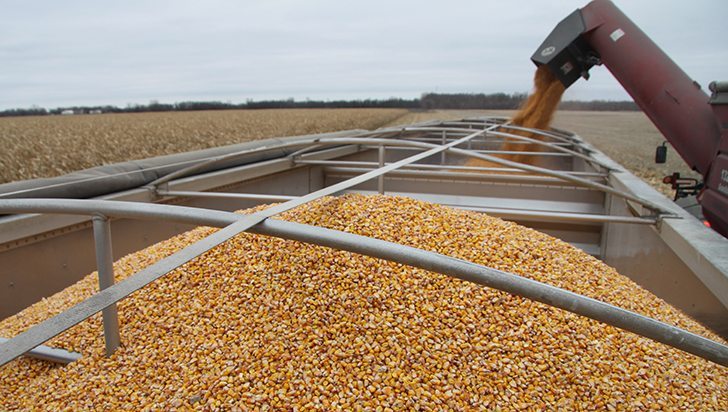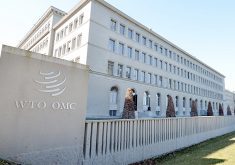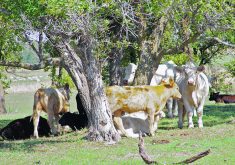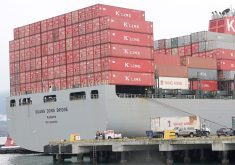The World Trade Organization’s 10th ministerial conference concluded Dec. 19 in Nairobi, Kenya, with an agreement to eliminate agricultural export subsidies.
Developed countries will eliminate any remaining export subsidies beginning Jan. 1, except for a handful of dairy, pork and processed products. Developing countries have until the end of 2018, according to WTO documents.
Director-general Robert Azevedo called the so-called Nairobi Package the “most significant outcome on agriculture” in the 20-year history of the WTO.
The meeting was extended 24 hours in order to reach the deal.
Read Also
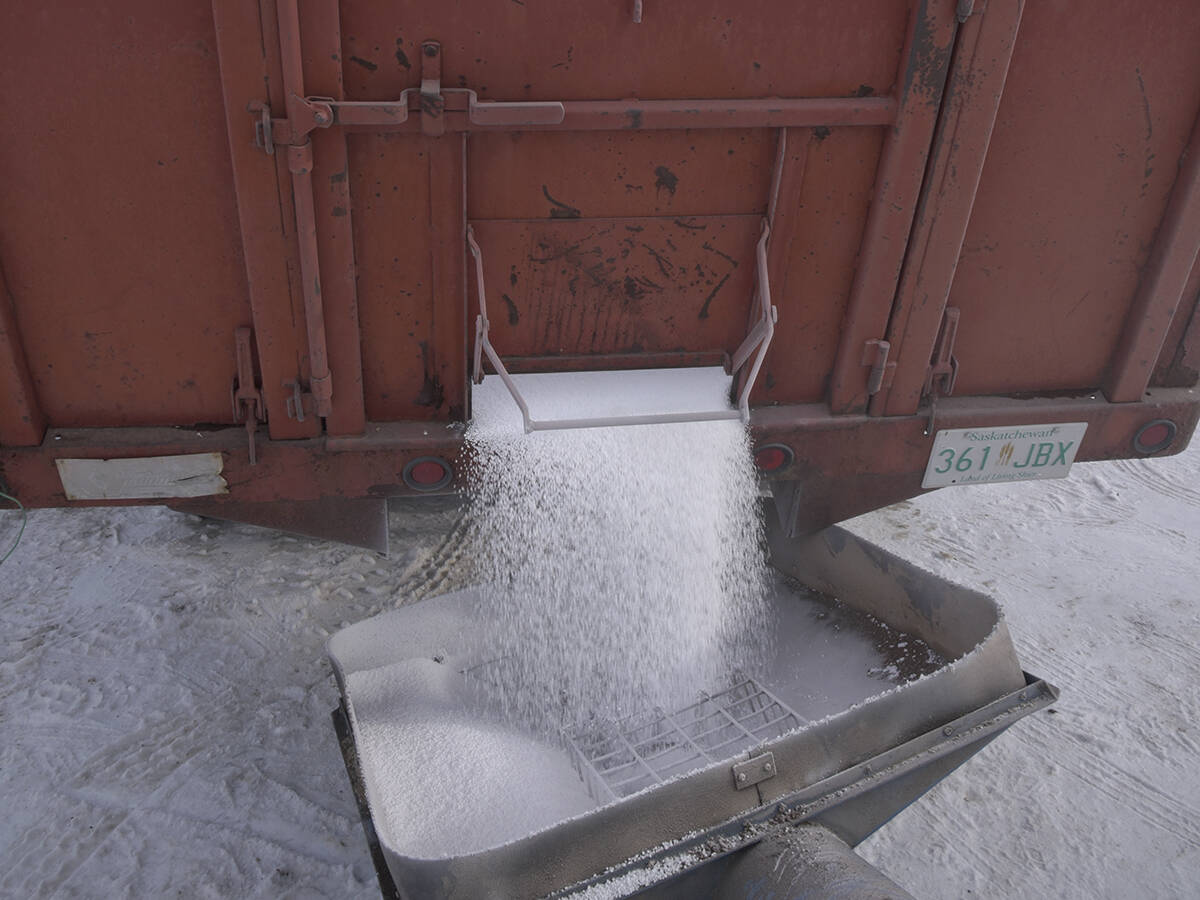
Urea prices heading higher: analyst
A fertilizer market analyst thinks urea prices have bottomed out and are heading higher through the first quarter of 2026.
Conference chair Amina Mohamed, cabinet secretary for foreign affairs and international trade in Kenya, said there were challenging moments.
“Tough calls had to be made but we did bite the bullet,” she said in a news release.
“We have reaffirmed the central role of the WTO in international trade governance.”
Azevedo said eliminating agricultural subsidies is a milestone. Developing countries have demanded action on the issue for decades, he said.
“Today’s decision tackles the issue once and for all. It removes the distortions that these subsidies cause in agriculture markets, thereby helping to level the playing field for the benefit of farmers and exporters in developing and least-developed countries,” he said in a speech to conclude the conference.
Other measures in the agreement include a framework for international food aid and limiting the distorting effects of export credits and state trading enterprises, Azevedo said.
Canadian trade minister Chrystia Freeland issued a statement noting the importance of multilateral trade. She said Canada supported the agricultural measures.
“While Canada was prepared to support a more ambitious outcome, it is pleased with the commitment on negotiations to address all remaining distortions to agricultural trade,” said the statement.
The Nairobi deal comes after years of stalled trade negotiations under the Doha Round, begun in 2001, as rich and poor nations argued over agricultural subsidies. Some observers have said the Doha Round is now dead; the official Nairobi Declaration acknowledges different views by different member countries.
“Members must decide — the world must decide — about the future of the Doha Round,” Azevedo said.
“This impasse is already harming the prospects of all those who rely on trade today, and it will disadvantage all those who would benefit from a reformed, modernized global trading system in future.”
Also at the conference, Kazakhstan become the 162nd member of the WTO, and two other countries, Liberia and Afghanistan, concluded negotiations for future membership.
karen.briere@producer.com


